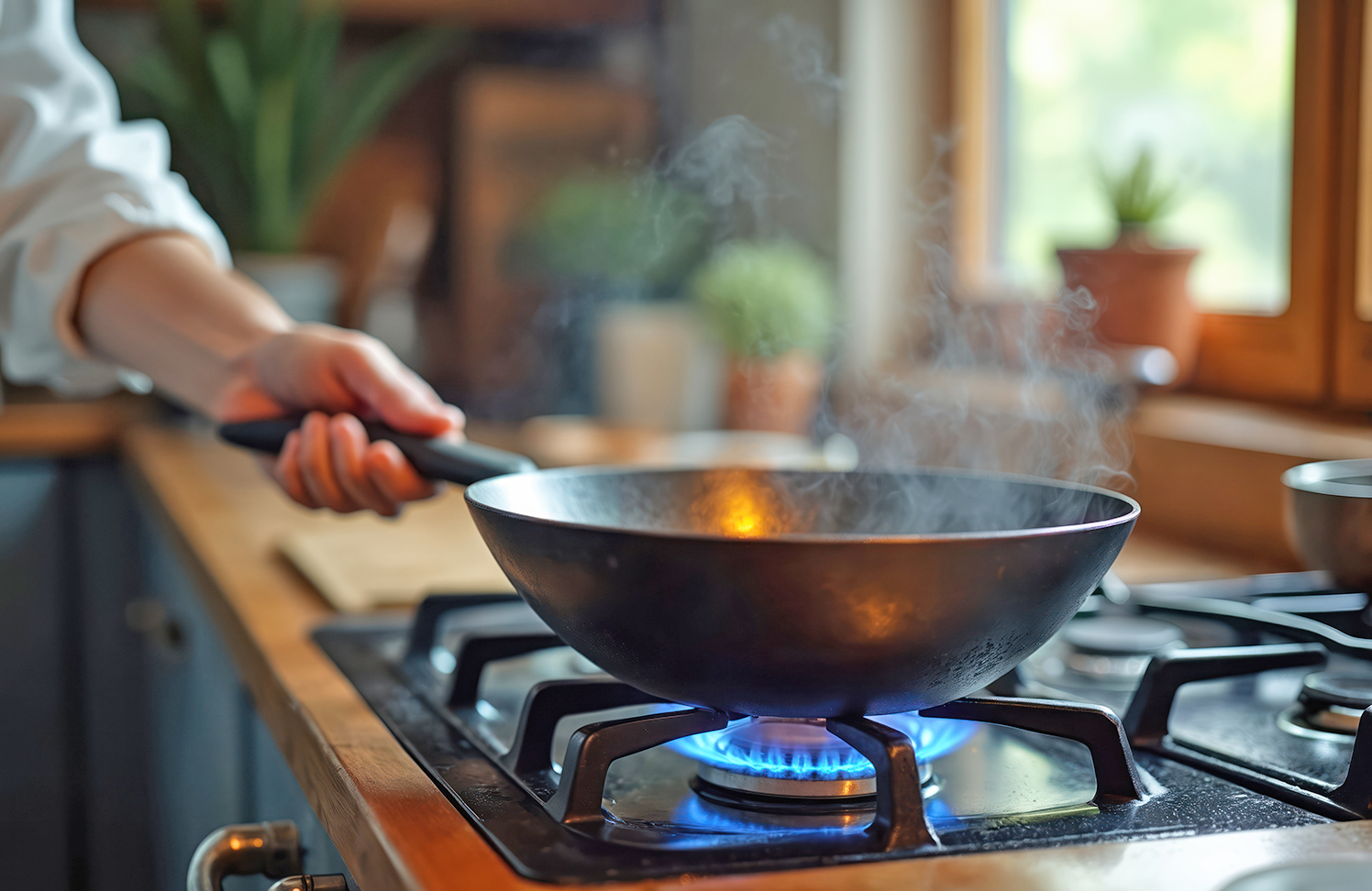Enjoy your LPG gas cooker

.
Paul Charman
Energy Minister Simon Watts casts doubt on the use of gas cookers.
He points to a study associating pollution from gas stoves with the premature deaths of an estimated 200 New Zealanders annually.
The minister says it’s “an important piece of work” – though people with gas cookers, “do not need to panic”.
Is this disingenuous, or what?
Like telling the play group their new member Dorris poisoned her husband with mushrooms, “but it’s okay, because she’s had therapy in prison”.
Having pointed to the spectre of death hovering over the gas hob, we’re then told not to panic.
Oh, but it’s all damnable lies and statistics, of course.
Prolonged exposure to any sort of air pollution will shorten a person’s life, especially if they have respiratory problems, but gas cookers are well down on the list of culprits.
Sure, gas cookers need to be maintained and ventilated, but even where this isn’t done 100 percent, the damage seems insignificant.
Even the Government boffins say premature deaths caused by domestic fires and car fumes are way worse.
They estimate domestic fires cause about 900 premature deaths a year – think wood and coal – and that vehicle pollution is “associated” with more than 2200 premature deaths a year.
These numbers are educated guesses, no doubt worked out on desktop computers – they did not come from crime scenes where the cops were drawing a chalk line around a body.
Personally, I wish they’d leave wood fires alone. If these really do kill hundreds of Kiwis a year, that’s clearly offset by benefits.
Eventually scientists will discover what woodfire people already know: staring into the flames on a cold winter evening reduces fear, anxiety, depression, suicidal and murderous thoughts by an order of magnitude.
As for car fumes, they aren’t great for your health, but unless you have a respiratory problem, don’t worry too much.
In 2022, we had a national fleet of about 4.6 million cars for about 5.1 million people, so an awful lot of pollution, right?
But that year Kiwi men still managed to live to 80.1 years and women to 83.5, on average.
I’m staunch about protecting asthmatics and everyone with respiratory issues from smoky old diesels.
Any driver who leaves his old van idling outside pensioner flats or a hospital deserves the same threat Liam Neeson gave the human traffickers in Taken ... “I will find you ...”
But while any decent person wants to protect the vulnerable from air pollution, that doesn’t excuse Mr Watts for his silly attack on LPG and natural gas.
Folk who own gas cookers won’t drop dead tomorrow from boiling an egg on their stove.
I understand the pressure Mr Watts and his cabinet buddies are under to meet the emission reductions since the Paris agreement.
This says New Zealand must reduce net emissions 50 percent below 2005 levels by 2030, plus a whole lot more by 2035.
So, LPG has become a target, not only here but internationally.
My mate in Melbourne was shocked when he received a $300 bill for one month of gas heating during the cold winter they’ve had over there.
This, he claimed, is because the Victorian State Government is pricing LPG off the market to reduce emissions.
Well, we’ve signed up to Paris, so anything goes.
That could be converting productive pasture farms into toxic pine plantations to offset carbon emissions or ruining the reputation of a first-class energy source like bottled LPG.
I don’t want the climate to change any more than Greta Thunberg does, but I refuse to “do evil that good might come”.
LPG is braw. It’s cleaner than coal and oil, emitting significantly less carbon dioxide and fewer harmful pollutants. It works when the power goes off, and though more expensive than electricity now – that could change.
Privatisation has sent electricity prices out of control and they’re likely to stay that way. But we have gas fields so let’s utilise them.
The winds of change are blowing towards reduced carbon emissions at any cost, but one must call out the sophistry behind attacking wonderful LPG.
Because, as Bob Dylan crooned about 50 years ago, “you don’t have to be a weatherman to see which way the wind blows”.